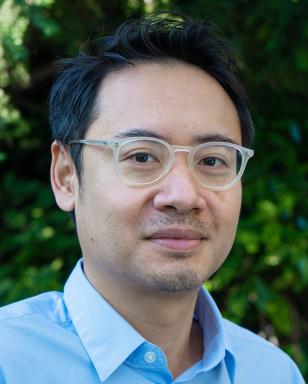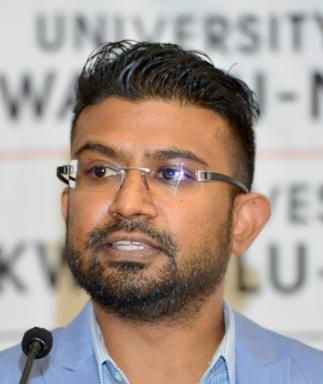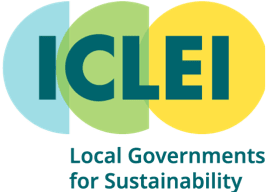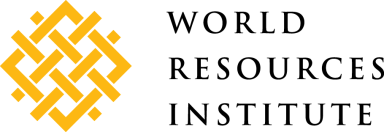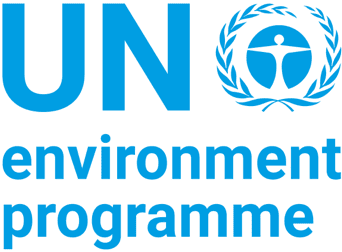Ying-Chih Deng
Circular Economy Strategies for Sustainable Development
Initiating a circular economic system in cities can bring a wealth of economic, social, and environmental gains. A circular model reduces costs and eliminates waste while fostering economic productivity and green, local jobs. In this course, learn how your city can benefit from moving away from the “take-make-waste” economic system and implementing circular strategies.
Click to enroll in: English | Bahasa Indonesia | Mandarin | Spanish | French | Portuguese
Cities consume more than two thirds of global energy, emit around 80% of greenhouse gas emissions, and produce half of the world’s waste. They are also home to more than half of the global population. By 2050, approximately 68% of people are expected to live in cities.
The circular economy offers cities a way to relinquish outdated economic systems – incompatible with current ecological and social contexts – and augment their economic outputs in a sustainable and equitable manner.
The transition towards a circular economy promises greater energy & resource efficiency, sustainable economic growth, reduced emissions, and numerous benefits to biodiversity and human health, helping cities gain ground on their Sustainable Development Goals.
Aimed at local government practitioners, this course gives learners a clear overview of key circular economy concepts, outlines how and where circular measures can be implemented in cities, and provides an array of diverse case studies as best practice examples.
LEARNING OBJECTIVES
This course offers a thorough overview of circular economy strategies to equip learners with the tools they need to implement more sustainable economic models in their cities.
Linear and Circular Economy ModelsExplore the linear economy’s "take-make-waste" model and its impacts on resource extraction and waste generation. Familiarize yourself with the circular economy, an alternative concept which looks to rethink production and consumption systems by closing material loops. |
Circular Economy Benefits for CitiesLearn about the different economic, social and environmental benefits that the circular economy can bring to your city, and how to take a holistic perspective to circular interventions. |
The 5Rs: Complementary Circular StrategiesDiscover how the five R strategies – Rethink, Regenerate, Reduce, Reuse and Recover – can help create interventions for your city that go beyond narrow “end-of-pipe" solutions. |
Cityscape AssessmentLearn to assess your city’s capabilities for circular action and identify which work areas can help you deliver the greatest impact. |
Circular Economy JourneyFollow the circular economy development journey five steps and receive insights and guidance on how to ensure successful implementation. |
Integrating Circular Economy into Government PolicyAcquire knowledge on the different policy instruments accessible to local governments for a circular transition and gain experience designing a policy mix for circularity. |
- Duration
-
6 hours
- Institution
-
ICLEI – Local Governments for Sustainability
- Languages
-
English, Indonesian Bahasa and Mandarin Chinese (French, Spanish and Portuguese coming soon)
Course Outline
Section 1: An Introduction to the Circular Economy1.1. What is the Circular Economy?: A closer look at the linear vs. circular economy concept and an overview of its benefits and critiques. 1.2. Five strategies to achieve successful sustainable development: A deep dive into the Actions Framework, its five strategies, and 15 actions for circular economy development. |
Section 2: City Assessment and Concrete Circular Action2.1. Assessing the circularity of your city: An exploration of city assessment tools and how to identify high-impact work areas for your city. |
Section 3: Action Planning for Circular Economy Development3.1. Designing a circular economy policy mix for a priority area: An examination of the different roles local government actors can play in a circular transition, including collaborating with important stakeholder groups, and an overview of the policy tools that can be employed to support circular interventions. |
|
Course Authors
COLLABORATORS AND REVIEWERS
- Terra Virsilas, Urban Development Associate, WRI
- Robin King, Director of Knowledge Capture and Creation, WRI
- Manal Khan, Communications Lead for UrbanShift, WRI
- Leah Lazer, Research Associate, WRI
- Cecilia Rivera, Innovative Finance Junior Officer, ICLEI
- Happy Tiara Asvita, Indonesian Program Office, ICLEI
- Matteo Bizzotto, Communications Officer, ICLEI
- Amelia Kuch, Policy Insight Manager, EMF
- Margaux Ginestet, Cities Unit/Industry and Economy, UNEP

